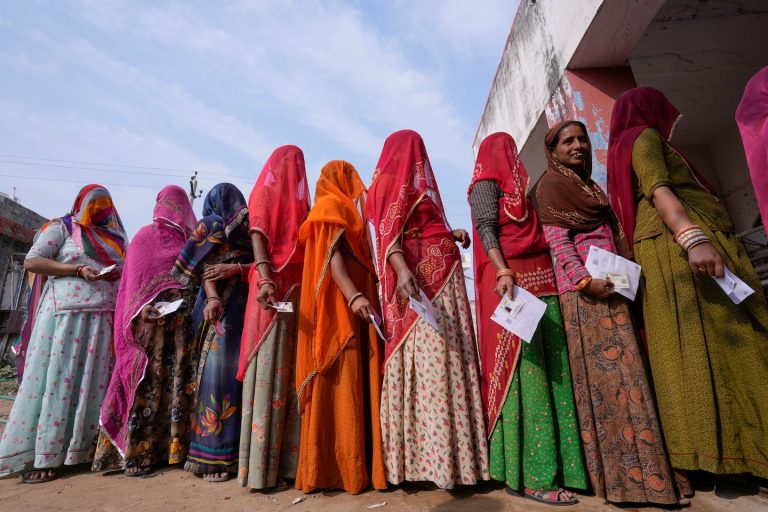“The financing of elections was the root cause, the mother of all corruption in the country,” said Shahabuddin Yaqub Qureshi, former chairman of the Election Commission of India. “The impact of the historic ruling will undoubtedly be immediate.”
The political financing of the Bharatiya Janata Party, which appears headed for a third term of dominance in parliament in national elections, has swelled in recent years. The party took in $230 million and spent $103 million in the fiscal year ending in 2022, according to the Association for Democratic Reforms, a nonprofit that works on election reforms and one of the petitioners in the case.
The largest cash flow came from a political financing instrument developed in 2018 that allowed companies and individuals to donate anonymously through the country's state-owned bank. Earlier, political parties had to disclose the sources of donations exceeding approximately $200. The government also removed the cap on corporate donations and required companies to disclose their donations in financial statements.
The government claimed that these “electoral bonds” disposed of illicit funds and used India's right to privacy legislation to claim that the program protected donors' political preferences.
The Association for Democratic Reforms found that nearly 85% of all donations in the fiscal year ending 2023 went to the ruling Bharatiya Janata Party, as did nearly 90% of corporate donations.
These donations are extremely important in a country where cash handouts, mobile phones or even alcohol are used to attract voters.
The petitioners, including the Communist Party of India, alleged that these anonymous bonds exacerbated corruption, especially because the government, through the State Bank, was the only one able to know the identities of those behind the anonymous donations.
Jagdeep Chowkar, a founding member of the Association for Democratic Reforms, said the scheme added a “layer of hurt” to a largely imperfect electoral process.
The ruling would not only allow the rejection of any new electoral bonds and those that have not yet been cashed, but would also require the Election Commission to retroactively disclose the identities of all donors since 2019 — likely creating “some ripples,” Chowkar said.
The ruling stated that the relationship between money and politics allows economic inequality to increase political inequality and that the program violates the right to information in the country.
While some said the ruling came too late, allowing parties like the BJP to gobble up extraordinary amounts of money already, Chowkar said the new information would become of paramount political importance in the run-up to the elections.
The Indian Supreme Court has been the target of intense criticism for delaying decisive rulings and issuing more consistent rulings in favor of the government. The court refused to stop the program in 2019.
“This ruling will revive people's confidence in democracy, the rule of law and the Supreme Court,” Chowkar said, but the country's “black money” would not be “disturbed at all.”
He said: “What is announced is only a small portion of the total money collected by the parties.” “This is not a panacea for all the problems in Indian elections.”

